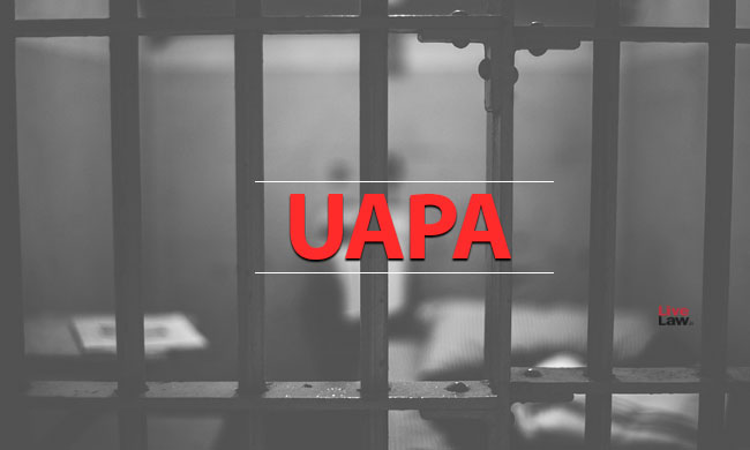Anticipatory Bail Not Available For Offences Under UAPA Under Any Circumstance: Kerala High Court
Hannah M Varghese
21 July 2023 10:16 PM IST

Next Story
21 July 2023 10:16 PM IST
The Kerala High Court on Friday held that exclusion of application of Section 438 CrPC to cases under the Unlawful Activities (Prevention) Act, 1967 is absolute and thus no application for anticipatory bail is permissible for offences punishable under the UAPA under any circumstances.A Division Bench of Justice P.B Suresh Kumar and Justice C.S Sudha added that if it were interpreted...
